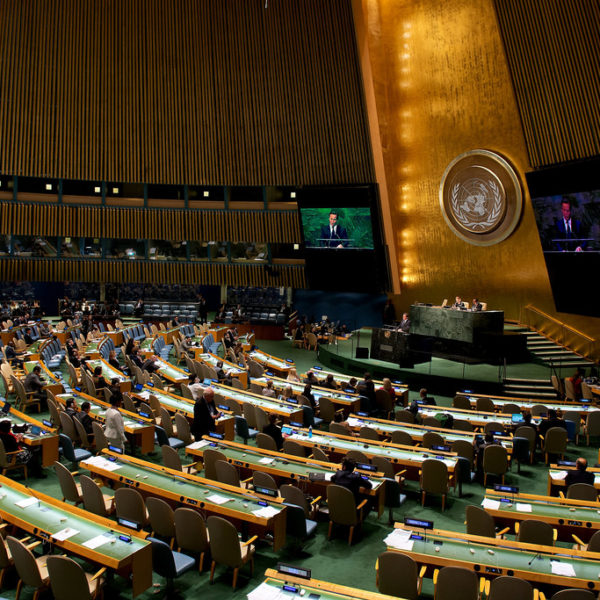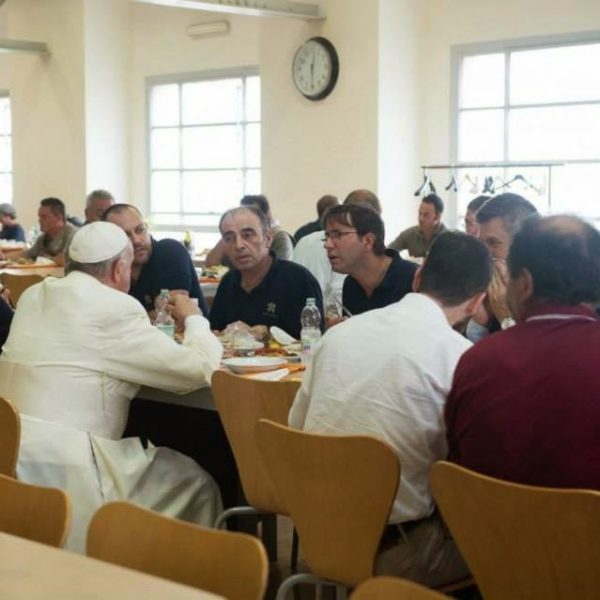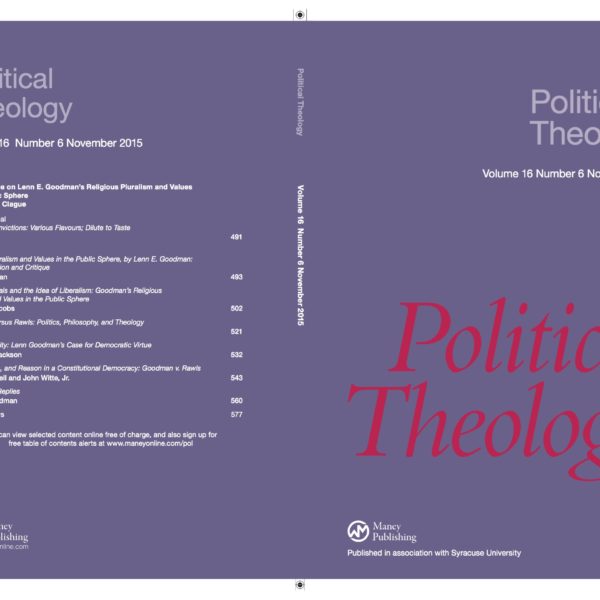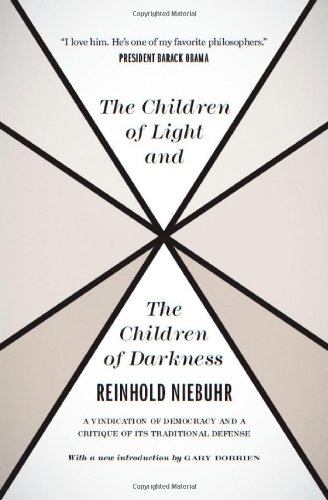
For those living in powerful nations, for those prospering in the global economy, our response to the Reign of Christ Sunday might better be one of repentance than triumph, of humility rather than arrogance. For the reign of Christ stands in opposition to our own reigns, as the world is turned upside down, bringing judgment for those in power and justice for those who have suffered.

As political theologians we may be peculiarly vulnerable to the error of neglecting—or even denying—the significance of the obscure and personal struggles and victories of the faithful that do not assert themselves onto the grand public stage of society. We have much to learn from Hannah’s recognition that, in God’s answer to her prayer for a son, the seeds of a dramatic social and political upheaval had been sown.
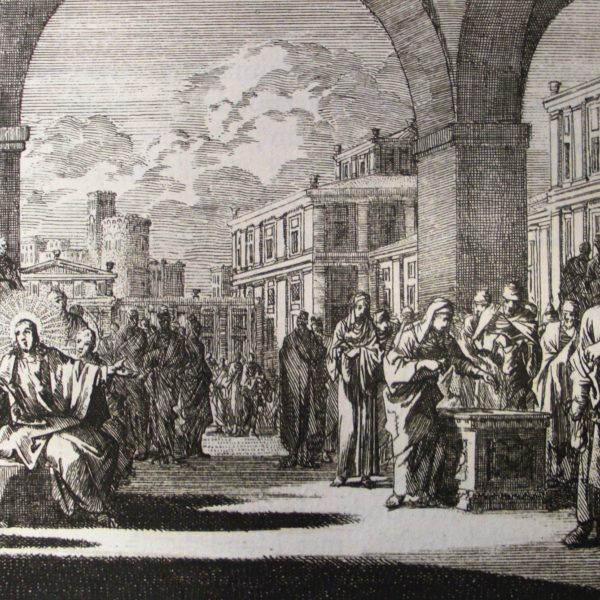
Often misread as a statement in praise of ‘sacrificial’ giving, Jesus’ observation concerning the widow’s offering at the temple is designed to condemn exploitative structures that prey upon the most vulnerable. We should not be able to read this account without reflecting upon comparable systems of economic injustice in our own day.


